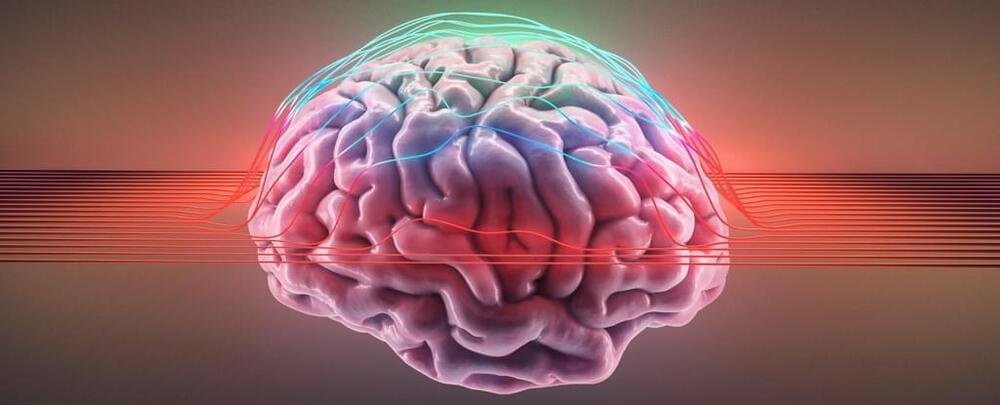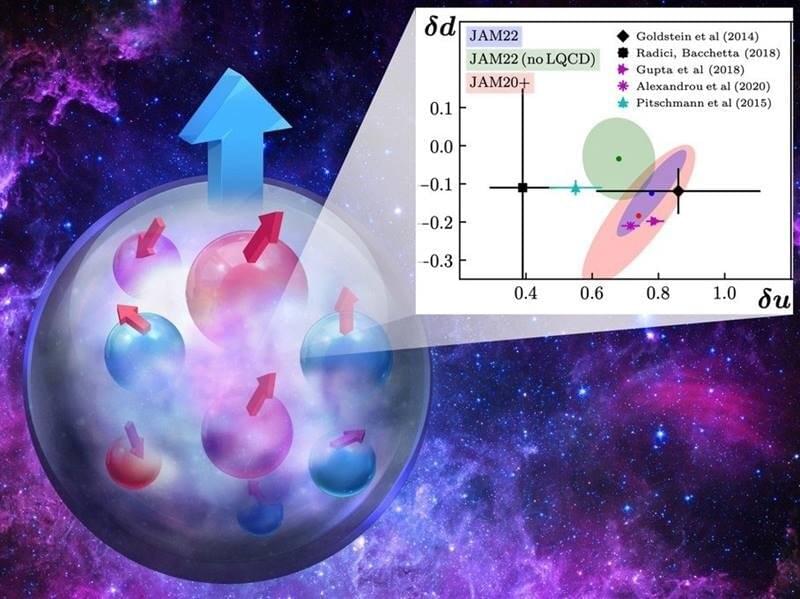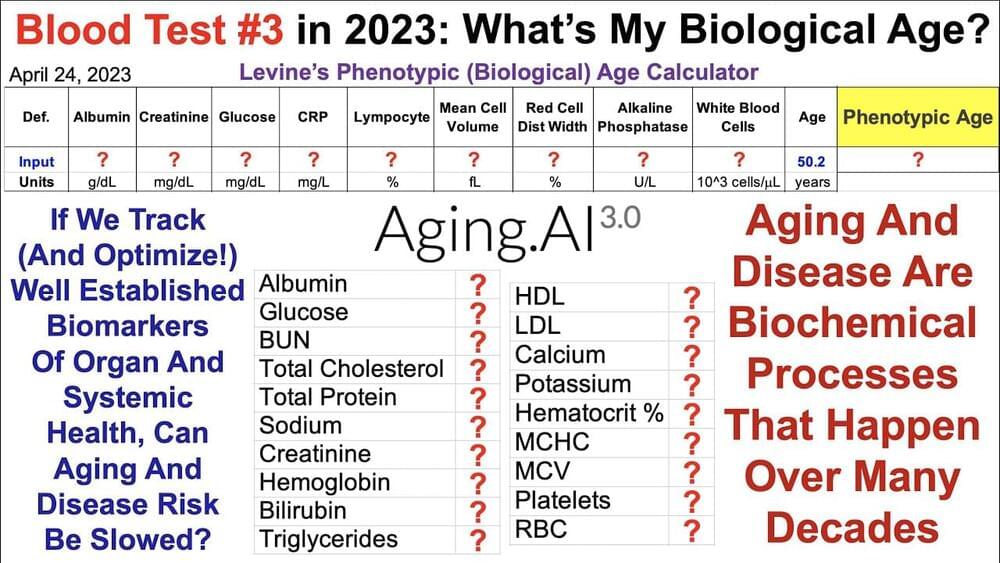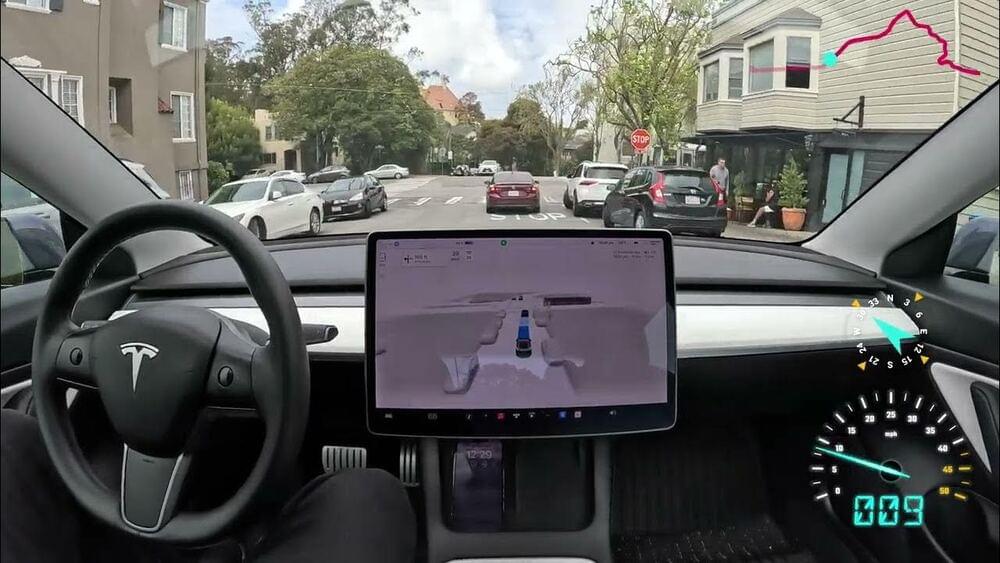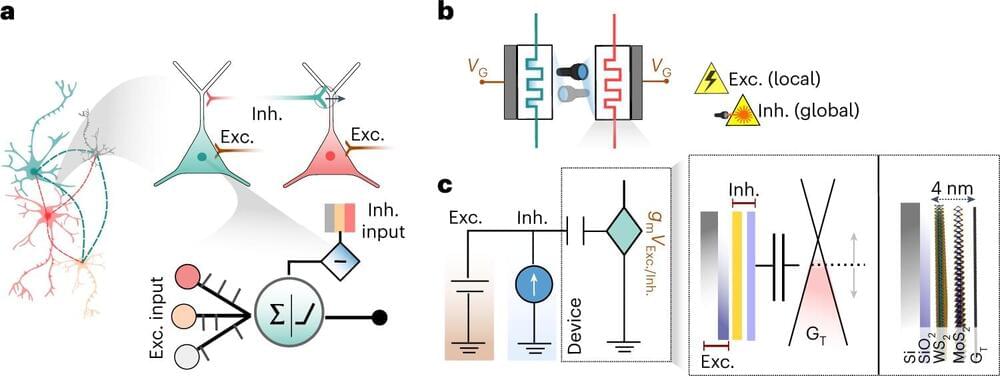May 7, 2023
A Chance Event 1 Million Years Ago Changed Human Brains Forever
Posted by Paul Battista in categories: biotech/medical, evolution, neuroscience
Like treasured recipes passed down from generation to generation, there are just some regions of DNA that evolution doesn’t dare tweak. Mammals far and wide share a variety of such encoded sequences, for example, which have remained untouched for millions of years.
Humans are a strange exception to this club. For some reason, recipes long preserved by our ancient ancestors were suddenly ‘spiced up’ within a short evolutionary period of time.
Because we’re the only species in which these regions have been rewritten so rapidly, they are called ‘human accelerated regions’ (or HARs). What’s more, scientists think at least some HARs could be behind many of the qualities that set humans apart from their close relatives, like chimpanzees and bonobos.
